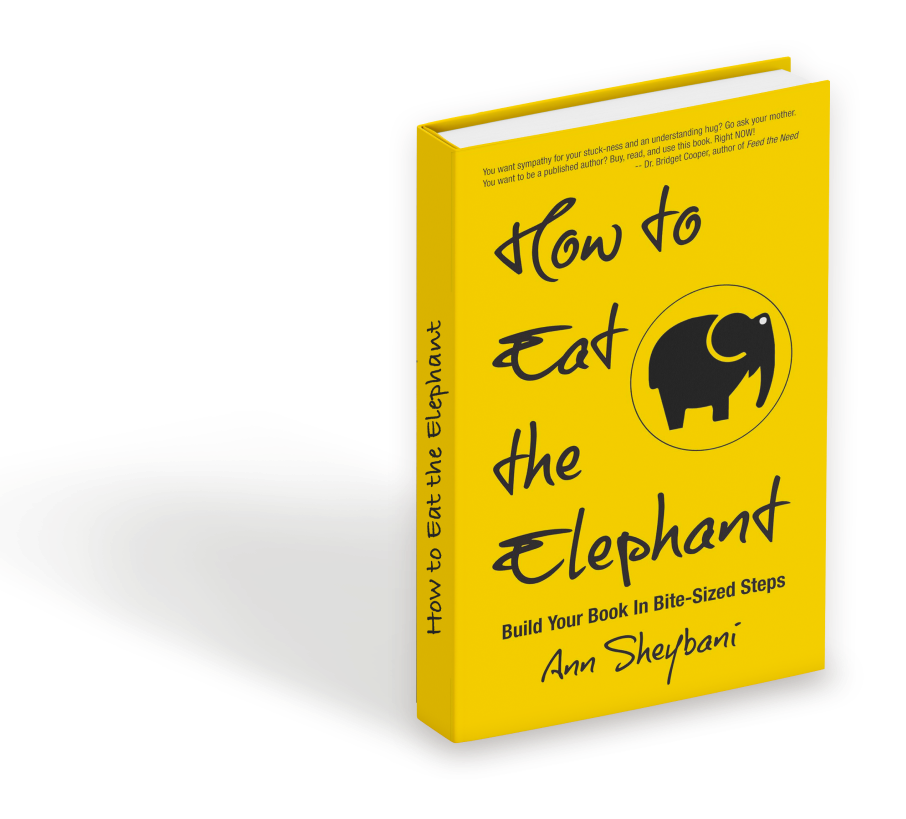I had the opportunity to interview Ryan Sprenger last week about his publishing company, Book Rally. If you missed it, you can listen to it by clicking here.
Book Rally–a one-stop shop for book design, printing, publishing, and promotion using a crowd sourcing model– isn’t for everyone. In fact, I wouldn’t recommend it to any client without a tribe, a platform, a following of 10,000+ (I’m using these expressions synonymously), because the crowd-funding part of the equation just wouldn’t work to their advantage.
Until fairly recently, traditional publishing houses, the major ones anyway, were the only folks in town demanding big platforms. Now, many partnership presses, and companies like Book Rally, require them as well. Because without an author platform, it’s hard to create book sales.
Cold Hard Fact #1 You’ve got to sell books and shit if you want to keep the lights on.
Even if you avoid all of these nasty, demanding people and go the self-publishing route using Create Space, LuLu, or Book Baby (or any of the other venues of that ilk) you’ll still need to promote and sell your book, or hire someone to handle the task for you.
For those of you who still believe the old Field of Dreams adage, build it and they will come, I’ve got some really, really bad news: approximately 5000 new books a day appear on Amazon alone and rare is the random buyer who will find your needle in that gargantuan haystack.
If someone ends up buying your book, it’s usually because he/she has come into contact with you somewhere else.
And that’s what building an author platform is all about—developing those multiple points of contact.
I’m going to let you in on a little secret. Most writers recoil at the thought of building a platform ( think passel of snakes tossed in lap).
See, we want to write books, focus deeply for days on end while we swig bad coffee or sip Merlot; not fritter away our precious time and headspace on social media, or building out a stupid website with a blog, the two best methods, unfortunately, for developing an audience.
Cold Hard Fact #2 You need to have an active presence on Facebook, LinkedIn, and/or Twitter.
If you’re new to social media, just pick one, any one, and start engaging. That will get you a long way. Enter into the conversation. Because that’s all it is anyway, one big conversation, not some sweat-producing job interview. (P.S. My 78-year-old mother, who volunteers at Teddy Roosevelt National Park in Medora, North Dakota, just joined LinkedIn, so you’ve got, like, ZERO excuses. Oh, wait! That’s her texting me now. We’ll talk about this stuff in another blog.)
I’m back.
Which leads me to another point.
Cold Hard Fact #3 You need a website, one with blog content.
It’s easy enough to hire someone to build a website (if you need a contact, let me know), but the shit starts getting real when you have to pump out regular content to feed your hungry readership. When you have no idea what it is you’re supposed to blather on about on any given day.
Let me, a professional content developer, give you a little direction since you’re here.
If you’re interested in positioning yourself as an expert with your (soon to be published) book, well, you’ll want to focus on your area of expertise, AND drop in enough about yourself to show that you’re a real live person, with other interests, and a life. Yes, you’ll want to give good, helpful content geared towards a specific audience, but you also want to mention your love of Golden Retrievers and stamp collecting so you don’t appear one-dimensional. You’ll want to throw in a Ted talk video, or a Youtube video, or a meme or cartoon, something that your target audience would also love.

If you’re writing a novel, memoir, inspirational book, or such, and you simply want to entertain, or make your reader think about the world in a whole new way, then your job is even easier because you don’t have to appear like you have the answers. You get to riff about whatever captures your imagination at any given time. Nine times out of ten, without even trying, you’ll end up writing about the very same subjects that appear in your book. And that’s perfectly OK.
I’ve got a free resource for those of you willing to accept your fate, who recognize that it’s time to stop bucking reality and start blogging in order to develop your author platform.
Here’s a list of 52 blog titles, one for each week of the year. Download them.Use them as writing prompts. You’ll be surprised how much fun they can be. And you’ll never run out of ideas.
Cold Hard Fact #4 The best time in the book-writing process to begin building your author platform is yesterday.
I’m sorry. I really, really am.



